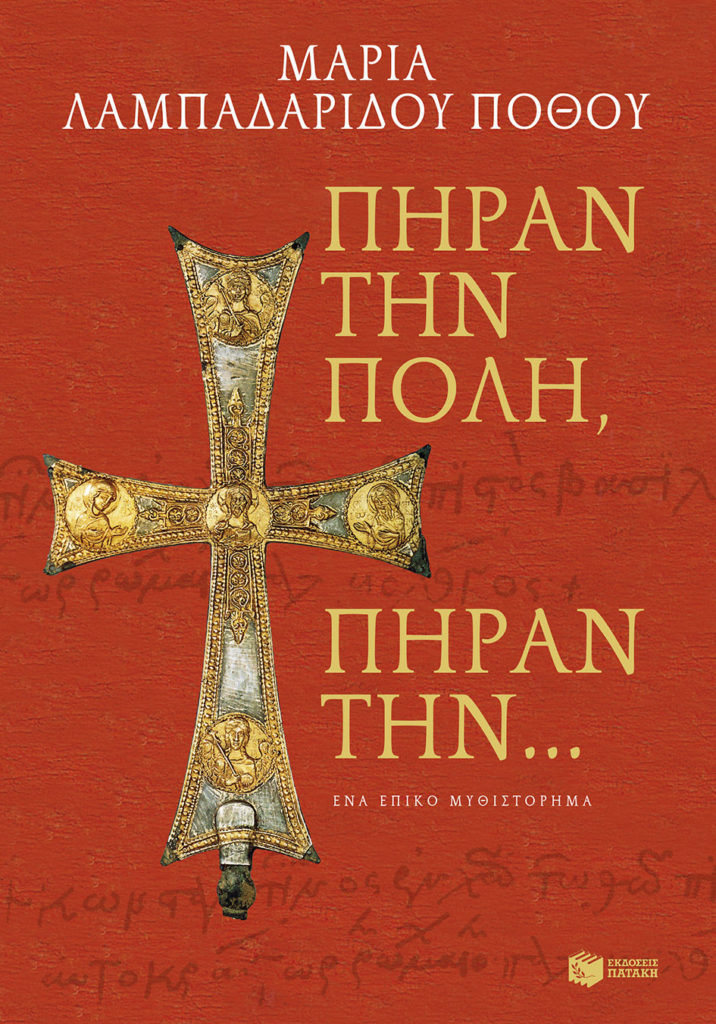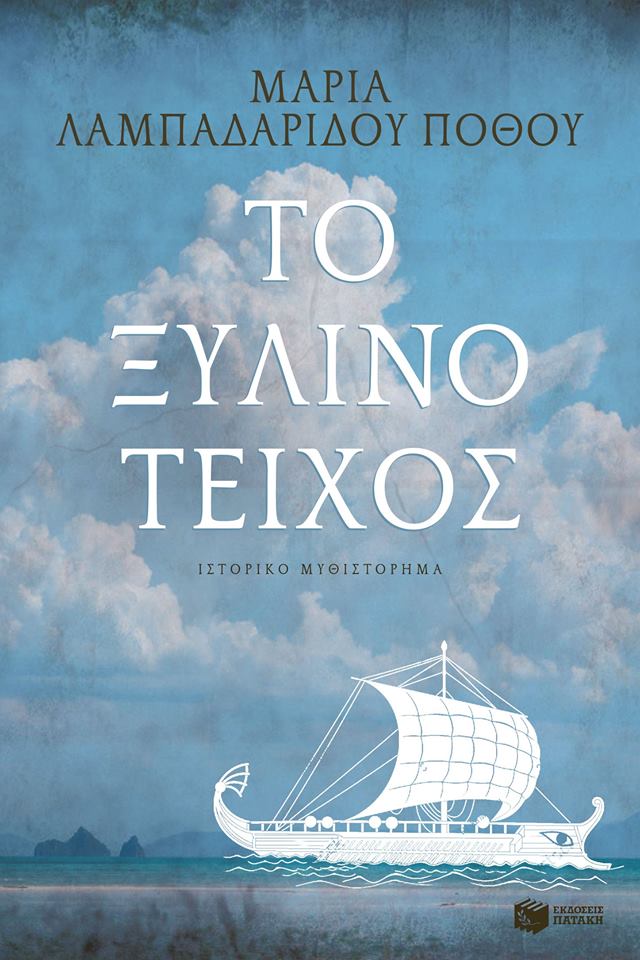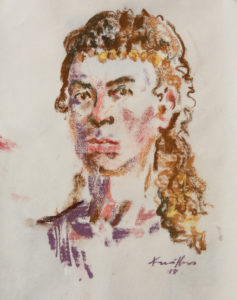 Whenever I think of my mother, may God rest her soul, a fragrance of burnt rose trickles into my spirit, a fragrance purified by sacrifice and mourning, just as I experienced it years later in the Hagia Sophia and in the Convent of Christ, at that hour when blood flowed in torrents and wailing rent the foundations of the universe. It was as if that fragrance became one with the blood of the Imperial City, because it was the fragrance of soul and of sacrifice. In these bleak hours, as I sit all alone in my ascetic hermitage of silence to record my memories of the disaster, I know that the soul of my mother, Rhodo, the rose-flower, is here beside me, at a distance of peace from my hand, at a distance of liberating death.
Whenever I think of my mother, may God rest her soul, a fragrance of burnt rose trickles into my spirit, a fragrance purified by sacrifice and mourning, just as I experienced it years later in the Hagia Sophia and in the Convent of Christ, at that hour when blood flowed in torrents and wailing rent the foundations of the universe. It was as if that fragrance became one with the blood of the Imperial City, because it was the fragrance of soul and of sacrifice. In these bleak hours, as I sit all alone in my ascetic hermitage of silence to record my memories of the disaster, I know that the soul of my mother, Rhodo, the rose-flower, is here beside me, at a distance of peace from my hand, at a distance of liberating death.
I mean that the fragrance of her soul keeps me company. It is nearby as I recount my memories of the calamity, I, who experienced, minute by minute, courage and death, the ultimate agony, by the side of Constantine Dragases Palaeologos, my beloved Basileus of the invincible soul, by the side of Ioannis Giustiniani, the black archangel, I, who was deemed worthy to be the witness of blood and ruins. I must hand over the manuscript to my son, Constantine, before it is too late. He is the one who will enter The City as liberator, because he was born of her blood and her lamentation, and because he is Constantine, the son of Eleni, and bears the mark of grace, according to the letter of the prophecy.
Excerpt from the first chapter of the novel “Πήραν την Πόλη, πήραν την”





